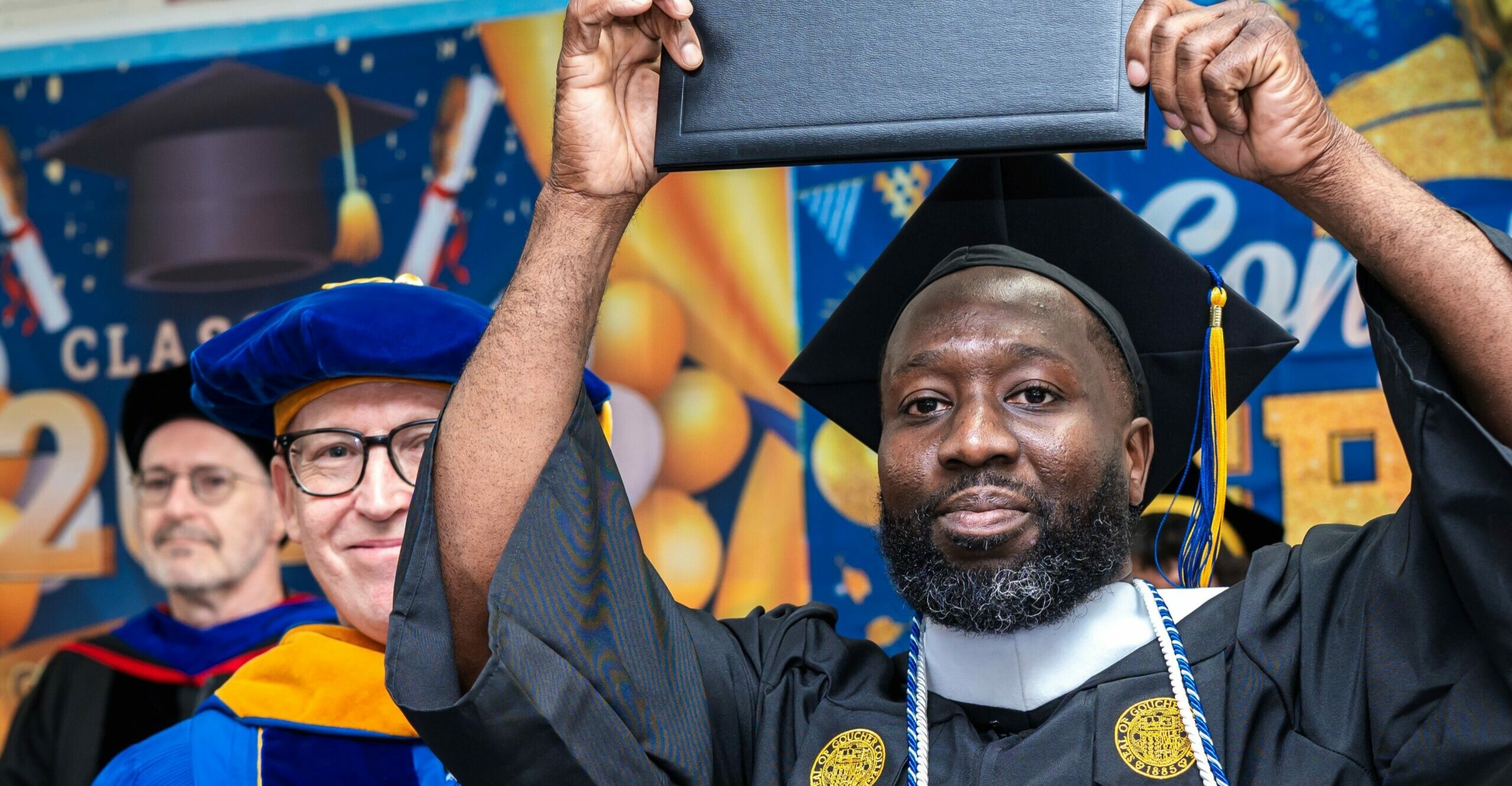Featured Reports


2024 Annual Report
A reflection on the promising new approaches and new resources that have been brought to bear in the last decade.
We believe that a community of creative problem-solvers, faced with complicated, seemingly intractable challenges, is well-served by thought-provoking, research-based information and analysis. We support the development and dissemination of research in two ways:
Abell Reports are commissioned reports by subject matter experts, academics, and investigative journalists that provide studies of selected issues on the public agenda.
These projects – undertaken with grant funding by academics and nonprofit research and advocacy organizations – advance learning on issues key to Baltimore City.
Sign up to get notified as new publications become available.


A reflection on the promising new approaches and new resources that have been brought to bear in the last decade.


Recent changes to state funding have reignited conversations among Maryland corrections leaders about expanding and strengthening electronic monitoring (EM) and pretrial services. This report summarizes key findings from the Justice Policy Institute’s research into EM as well as best practices.


Racial bias in home appraising can harm individuals by making home purchases more expensive or refinancing unattainable, but when compounded on the community level, it can have profound impacts on minority communities’ ability to build wealth. Using newly available federal data, this report finds evidence of systemic appraisal bias that undervalues homes in predominantly Black communities in Baltimore City and the surrounding counties.
Dean Alfred Sommer says, “We want to add more years, and more to the quality of those years, that an individual and a society can enjoy. The world must learn that prevention is cheaper than the cure.”
As gambling grows in popularity, income-hungry jurisdictions across America are increasingly viewing casino gambling as a panacea: a way to boost tax revenues, reverse downward job trends, and to attract tourism.
Students have fun mapping their way to expanded knowledge of geography.
The cornerstone of Baltimore’s economic development during the burgeoning 1970s was its ability to leverage federal, state, and private resources; today, even though those resources are scarce, Baltimore spends little of the federal funds that are available for job creating and tax producing activities. Is a reallocation needed?
For young people in East Baltimore, a school away from school, a home away from home–and for many, a family where there is no family.
Header photo courtesy of Venture for America.